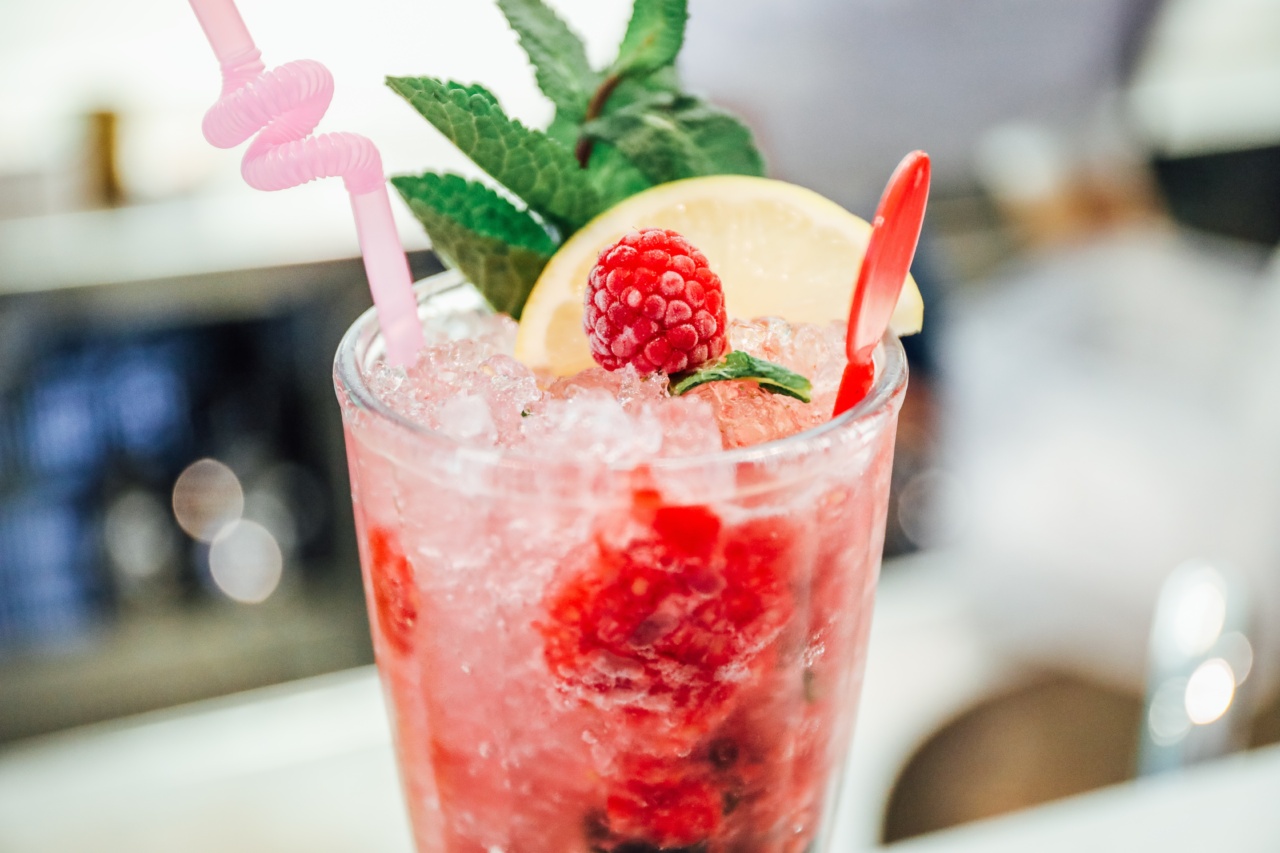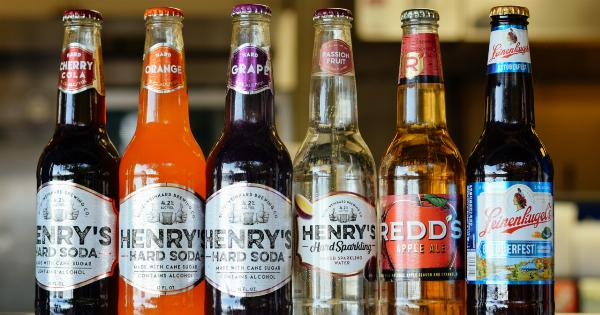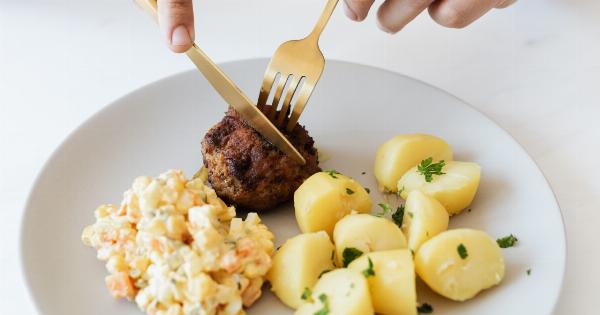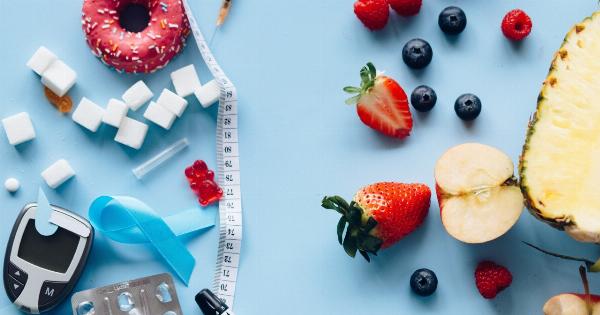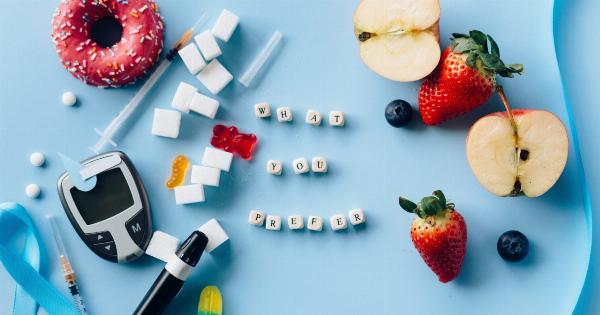Sugar alcohols are a type of carbohydrate that are commonly used in place of sugar in many food and drinks.
While they do contain calories, they are not as easily absorbed by the body as sugar, making them a popular choice for people who want to reduce their sugar intake.
However, not all sugar alcohols are created equal. Some have a much lower glycemic index than others, making them a better choice for people who want to keep their blood sugar levels stable.
If you’re looking for a low-sugar alcohol to drink, here are some of your best options:.
Xylitol
Xylitol is a popular sugar alcohol that is often used as a sweetener in chewing gum, toothpaste, and other oral hygiene products. It has a very low glycemic index and is safe for most people to consume in moderation.
Research has also shown that xylitol can have some health benefits, such as reducing the risk of dental caries and improving bone density in postmenopausal women.
Erythritol
Erythritol is another popular sugar alcohol that is commonly used as a sweetener in low-calorie drinks and other food products. It has a very low glycemic index and is safe for most people to consume in moderation.
Erythritol also has a cooling effect in the mouth, which can be refreshing in some drinks. However, some people may experience digestive issues if they consume too much erythritol at once.
Maltitol
Maltitol is a sugar alcohol that is commonly used in low-sugar candy and chocolate. While it has a lower glycemic index than sugar, it has a higher glycemic index than xylitol and erythritol.
Maltitol can also have a laxative effect if consumed in large amounts, so it’s best to consume it in moderation.
Lactitol
Lactitol is a sugar alcohol that is commonly used as a sweetener in sugar-free baked goods and candy. It has a slightly higher glycemic index than xylitol and erythritol, but it is still a good option for people who want to reduce their sugar intake.
However, like maltitol, lactitol can have a laxative effect if consumed in large amounts, so it’s best to consume it in moderation.
Mannitol
Mannitol is a sugar alcohol that is commonly used in sugar-free chewing gum, candy, and other food products. It has a low glycemic index and is safe for most people to consume in moderation.
Mannitol is also often used in medical settings to treat conditions like dehydration and high blood pressure.
Sorbitol
Sorbitol is a sugar alcohol that is commonly used in sugar-free candy and other food products. It has a slightly higher glycemic index than xylitol and erythritol, but it is still a good option for people who want to reduce their sugar intake.
However, like maltitol and lactitol, sorbitol can have a laxative effect if consumed in large amounts, so it’s best to consume it in moderation.
Isomalt
Isomalt is a sugar alcohol that is commonly used in sugar-free candy and other food products. It has a slightly higher glycemic index than xylitol and erythritol, but it is still a good option for people who want to reduce their sugar intake.
Isomalt is also known for its ability to resist humidity and temperature changes, making it a popular choice for candy manufacturers.
Hydrogenated Starch Hydrolysates
Hydrogenated starch hydrolysates (HSH) are a type of sugar alcohol that are commonly used as a sweetener in low-calorie drinks and other food products. They have a low glycemic index and are safe for most people to consume in moderation.
HSH can also help to improve gut health by increasing the production of short-chain fatty acids, which are beneficial for the gut microbiome.
Conclusion
Overall, there are several low-sugar alcohols that can be a good choice for people who want to reduce their sugar intake.
Xylitol, erythritol, maltitol, lactitol, mannitol, sorbitol, isomalt, and hydrogenated starch hydrolysates are all safe to consume in moderation and can help to maintain stable blood sugar levels.
